The food industry is filled with challenges and responsibilities, one of which is ensuring food safety. For both consumers and regulators, it is a non-negotiable priority. Foreign bodies like metal pieces can accidentally find their way into food products during various stages of production. This creates a safety risk and can tarnish the reputation of food producers. Let’s explore the importance of metal detection in the food industry.
Keeping Customers and Products Safe
Metal detection in food safety is about more than just regulatory compliance; it’s about protecting consumers and preserving the integrity of your brand. Imagine the fallout from a customer finding a metal shard in a product. It could lead to legal repercussions and a loss of consumer trust that could take years to rebuild. Moreover, contamination can lead to costly recalls and lost revenue. Metal detection helps to preempt these risks by identifying and removing foreign bodies before products reach the shelves.
Metal Detector Rental
Investing in a metal detector might seem like a big step, especially for small to medium-sized enterprises. However, several companies offer metal detector rental options that allow businesses to use top-notch technology without committing to a purchase outright. This is an excellent solution for businesses that need to comply with safety regulations but aren’t ready to invest in their own systems. Renting a metal detector allows you to trial the effectiveness and ease of use of the machine, which can inform a later decision to buy.
When To Use Metal Detection for Food Inspection
Deciding when to use metal detection can depend on various factors such as the type of food product, production process, and applicable regulations. For example, if you’re in the business of making canned goods, metal detection would be most effective after the canning process to ensure no metal foreign bodies have been sealed with the product. On the other hand, if you’re processing bulk products (grains, flour, nuts, etc.), you might want to set up a detector before the packaging stage. Essentially, the optimal point for metal detection is where it is most likely for contamination to occur, but still feasible to remove the contaminated product without wasting large amounts of good food.
Factors for Metal Detector Effectiveness
The efficiency of a metal detector in a food production environment depends on various factors. The sensitivity of the machine needs to be appropriate for the types of metal you are most concerned about. Additionally, the detector should be tailored to handle the specific type of food product, as different consistencies and compositions can affect the machine’s accuracy. Regular calibration and maintenance are also important so the detector continues to function as expected. Operator training should not be overlooked; it’s essential that staff know how to operate the machinery effectively and respond to detections appropriately.
Contact Xray Reclaim for Solutions for Metal Detection in Food and Other Food Inspection Technologies
If you’re looking for solutions for food safety and inspection, Xray Reclaim is a leading provider of inspection technologies for metal detection in food. With a range of products designed to meet the needs of various food processing applications, we can help you choose the best solution for your business. Contact us to learn more and learn about our products and options.

